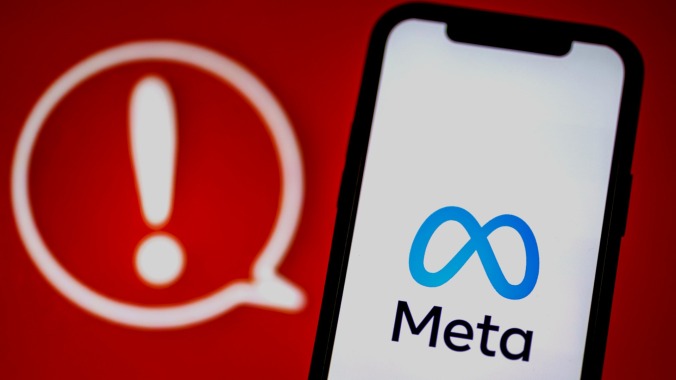Meta Caught Snooping in Popular Period Tracker
The company’s out for blood. Kind of.
Photo: Getty Images Tech
Facebook’s data empire just got creepier. On August 4, a jury in California ruled that Meta violated the state’s wiretap law by “intentionally eavesdrop[ing]” on Flo users’ private menstrual health data without their consent and used that data for targeted advertising.
Flo, a London-based app, is used by over 420 million people around the world to track periods, ovulation, and pregnancies. According to the trial brief, the data collected from an onboarding survey where new users are prompted to select a “goal indicating whether they are pregnant, want to be pregnant, or want to track their period” was compromised.
Such apps have long elicited concerns around becoming a lucrative arm for sleazy capital enterprises. Menstrual cycle data, researchers at the University of Cambridge say, are a “gold-mine for consumer profiling, collecting information on everything from exercise, diet, and medication to sexual preferences, hormone levels, and contraception use.” And, after Roe was overturned in 2022, there has been growing unease that period-tracking data could also be used to identify—and incriminate—people seeking an abortion, especially in states where it’s banned. (That same year, Wired gave Flo a four-out-of-five ranking for its data privacy.) Thanks to the class-action suit, the fears have been proven right: according to last week’s verdict, Flo’s been helping to feed Meta’s “machine learning algorithms that power each of [Google and Meta’s] respective advertising networks.”
-

-

-

-

-

-

-

-

-

-

-

-

-

-

-

-

-

-

-

-

-

-

-

-

-

-

-

-

-

-

-

-

-

-

-

-

-

-

-

-








































